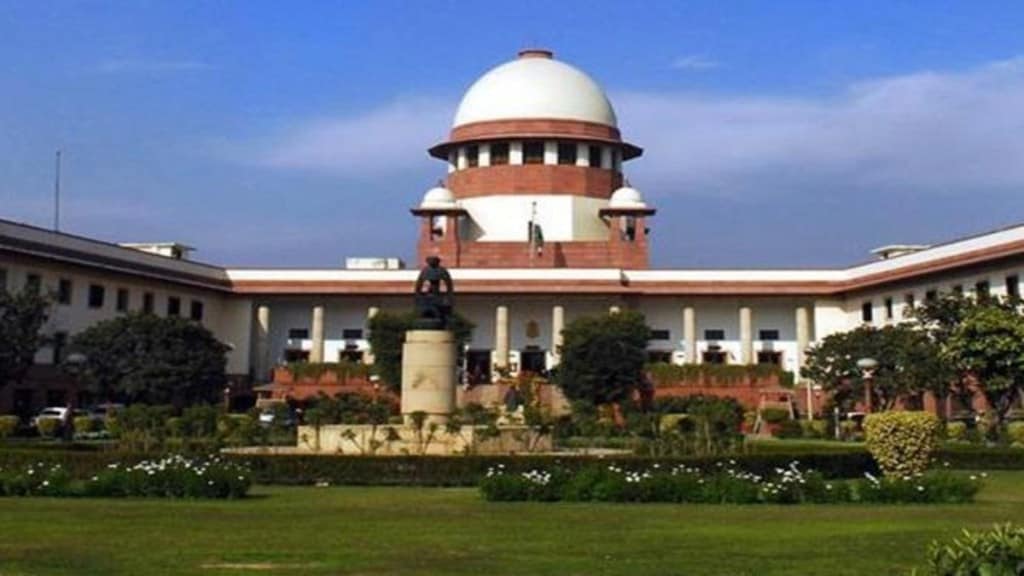While a panel appointed by the Supreme Court in its interim report suggested a host of solutions, including examining the possibility of giving legal sanctity to minimum support price (MSP) and offering direct income support to boost farmers’ income, many experts have maintained that the best way forward is to go for crop diversification.
According to agency reports, the SC panel listed reasons behind the agrarian distress, including stagnant yield, rising costs and debt and inadequate marketing system. The panel, constituted on September 2 under former Punjab and Haryana High Court Judge Nawab Singh to resolve grievances of farmers agitating at the Shambhu border, also stated there was a need to examine “profitability of the farm sector through a mechanism of assuring remunerative prices, including MSP, direct income support and other viable approaches.”
To boost farmers’ remuneration and bring down adverse ecological impact of growing water intensive rice and wheat in Punjab and Haryana, there is a need for crop diversification towards high value cash crops in fruits and vegetables for which the government has to provide incentives, experts have suggested.
“Along with high value horticultural crops productions, the infrastructure for food processing should be incentivised so that farmers shift out of the water intensive rice,” P K Joshi, agricultural economist and member, Supreme Court panel on farm laws, told FE.
Joshi said while for Green Revolutions in 1970s in which all the requirement of farmers were met through quality seeds, minimum support price (MSP) purchase as well as infrastructure were set up in northern states, ‘similar efforts are needed to discourage farmers from growing rice, which have resulted in depletion of water table in Punjab and other states.
Siraj Hussain, former secretary, department of agriculture said as done for the case of Maharashtra, Punjab and Haryana could emerge as exports hub for the agricultural produce provided incentives and infrastructure created for the farmers. “Punjab has played a critical role in ensuring food security and the joint efforts needed to help farmers in the state to rep benefits of exports,” Hussain said.
Small and marginal farmers along with farm workers were the most affected, the apex court panel said in its interim report to apex court. “As a matter of fact, rural society as a whole is under severe economic stress. At the national level, 46% of the total workers are absorbed in agriculture whose share in income is only 15% ,” it said. The management of crop residue was also a serious challenge, it said.
The SC-appointed panel said the farming community across the country was also struggling with a suicide epidemic. “In India, over 4 lakh farmers and farm workers have committed suicides since 1995. In Punjab, a house-to-house survey conducted by three public sector universities recorded 16,606 suicides among farmers and farm workers in 15 years (2000 to 2015),” it said.
The panel formulated 11 issues for the consideration of the apex court.
These include measures including revitalising agriculture, examining the systemic and fundamental reasons for increasing indebtedness, farmers’ distress and causes behind growing unrest among the farmers and rural society.

